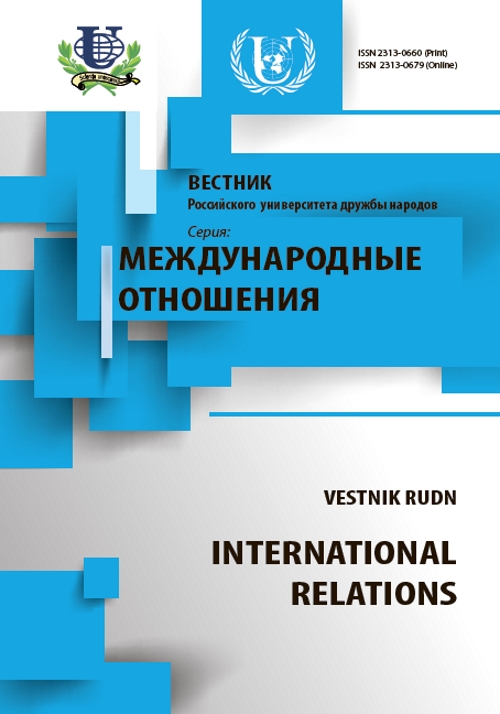«The Big Three» (J. Stalin, F. Roosevelt, W. Churchill): Allies for the Peace
- Authors: Ponomarenko LV1, Chikrizova OS1
-
Affiliations:
- Peoples’ Friendship University of Russia
- Issue: No 2 (2015): 70th anniversary of Victory in the Great Patriotic War
- Pages: 73-81
- Section: ARTICLES
- URL: https://journals.rudn.ru/international-relations/article/view/10739
- ID: 10739
Cite item
Full Text
Abstract
The article is dedicated to the asset of the Big Three - J. Stalin, F.D. Roosevelt and W. Churchill - to victory over Nazi Germany and safeguarding of comprehensive peace. The authors analyze aims of three great states and relationships inside the Big Three. They also discover factors that provided success of a common mission of the USA, the USSR and Great Britain regardless of all contradictions. The article shows the main stages in the development of political strategies of the leaders of the Big Three The efforts of Stalin to build the «Big Three» in the context of the Second World War are described. Also disclosed are the psychological characteristics and relationships of participants «Big Three». Roosevelt and Churchill were in much closer relations among themselves than with Stalin. In addition, Stalin had more respectful and «warmer» attitude to Roosevelt than to Churchill. Yet by the end of Stalin and Roosevelt did not trust. The objective and subjective factors that contribute to such a relationship are shown. Yet between the leaders a relationship of trust were able to establish. The long-awaited opening of a second front in time to bridge the gap between the allies. At the Yalta Conference, Stalin, Roosevelt and Churchill were able to reach an understanding on most issues.
About the authors
L V Ponomarenko
Peoples’ Friendship University of Russia
Email: l.ponomarenko@mail.ru
The Department of Theory and History of International Relations
O S Chikrizova
Peoples’ Friendship University of Russia
Email: o.chikrizova@rs.gov.ru
The Department of Theory and History of International Relations
References
Supplementary files










